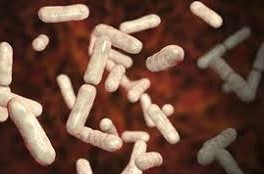Sanzyme Biologics Pvt. Ltd is now registered with The NSF Dietary Supplement Certification Program which has assessed and confirmed compliance of its facility situated at Genome Valley, Hyderabad (Telangana). With the NSF certification, the company is now FSMA and cGMP compliant for their partners.
“NSF International, is a US certification body, whose mark on our facility is an assurance for our customers that our product has been tested by one of the most respected independent certification organization in existence today. Sanzyme Biologics is already a recognized name in the Indian biotechnology industry for the past 50 years and works with reputed companies in over 30 countries, this certification will give us an edge to widen our global footprint” said Dhruv Soman, Executive Director of Sanzyme Biologics.
Sanzyme Biologics is a 50 year old biotechnology company based in Hyderabad, India. Sanzyme specialises in the production of probiotic bacteria. Sanzyme’s best studied probiotic product is Bacillus coagulans SNZ 1969™. SNZ 1969 is a well-studied and documented strain with 20+ Clinical Trials and multiple regulatory approvals (FDA GRAS, Infant GRAS, EFSA QPS, Health Canada, FSSAI and others). It is currently sold in and used in 30+ countries including USA, Italy, Canada, Australia and Japan.
NSF Listing of Sanzyme Biologics: Read More




